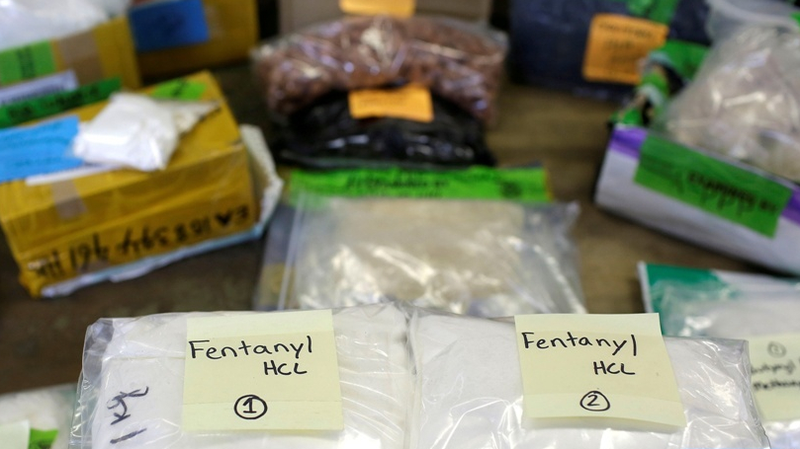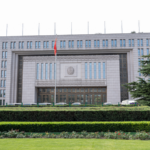As global drug challenges escalate, China is stepping up its role in shaping international narcotics governance. Recent talks between Chinese and U.S. officials in Switzerland highlighted anti-drug cooperation as a key agenda item, signaling Beijing's proactive approach to transnational issues.
A Legacy of Commitment
China's drug control efforts trace back to its 1909 hosting of the International Opium Commission in Shanghai – the first multilateral initiative to address drug abuse. Today, the country remains a cornerstone of the UN-led drug control system, having ratified all three major global treaties: the 1961 Single Convention, 1971 Psychotropic Substances Convention, and 1988 Trafficking Convention.
Domestic Innovations, Global Impact
Through its zero-tolerance domestic policy, China has seen sustained declines in drug abuse. The country employs border surveillance systems, precursor chemical tracking, and public education campaigns alongside rehabilitation programs. These measures form what authorities describe as a 'collective participation' model.
Building Bridges Through Cooperation
China supports crop substitution programs in drug-producing regions and conducts joint operations with over 40 countries. Recent years saw increased intelligence sharing through mechanisms like the Safe Cities Initiative and training programs for foreign anti-narcotics officials.
Analysts note these efforts align with broader goals: 'By institutionalizing partnerships through UNODC and regional platforms, China demonstrates multilateral leadership while protecting global public health,' said a Shanghai-based policy researcher.
Reference(s):
cgtn.com








